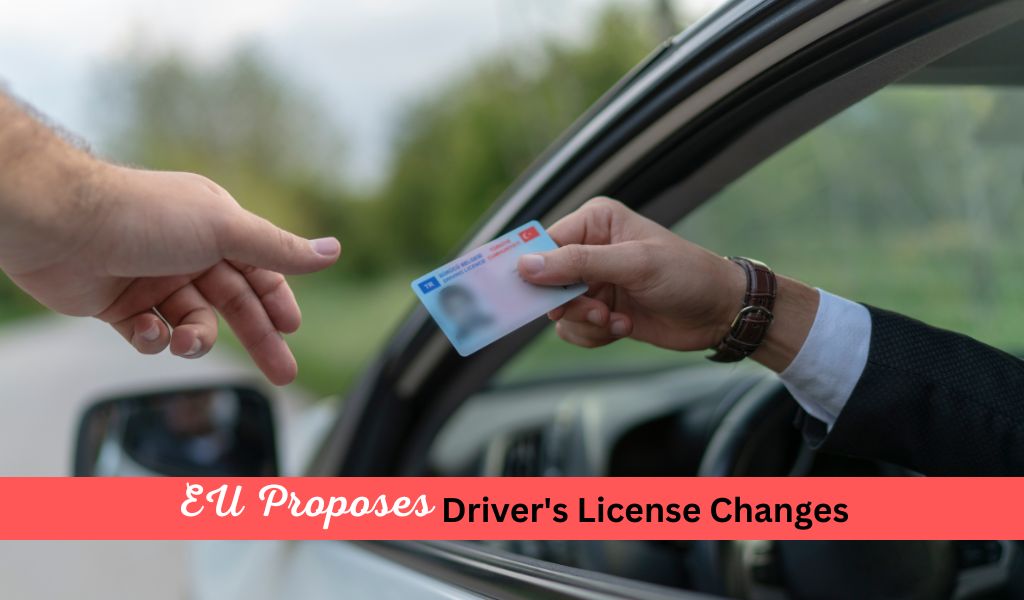Antonio and I constantly argue about which EU country has the worst drivers. Of course, it’s always a toss-up between Italy and Portugal. But one thing we can both agree on is that road safety in the EU needs significant improvements. In 2022 alone, over 20,000 lives were lost on EU roads, and sadly, most victims were pedestrians, cyclists, and users of scooters and motorcycles. Even more concerning is that young drivers make up only 8% of all car drivers but represent a staggering 16% of all road fatalities. It’s a shocking statistic, but it highlights the need for change. That’s why the EU proposes major updates to driver licenses, aiming to improve road safety across its member states. The EU has set ambitious targets to reach zero road deaths by 2050 and to reduce the number of fatalities and serious injuries by half by 2030. These updates to driver’s licenses are a critical step towards achieving these goals.
Updates to Driver's Licenses
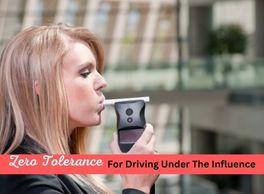
Zero Tolerance
One of the changes is to enforce a zero-tolerance policy for driving under the influence of alcohol for the first two years of a new driver’s license. This is a significant change that could have a positive impact on road safety, as driving under the influence is a leading cause of road accidents and fatalities. With this proposed update, new drivers will need to be extra cautious about drinking and driving during their first two years on the road.
nder the proposed updates to driver’s licenses in the EU, young drivers who have passed their driving exams will be able to start driving accompanied by cars and trucks at the age of 17. This change aims to provide young drivers with more opportunities to gain driving experience and reduce the likelihood of accidents caused by inexperience.
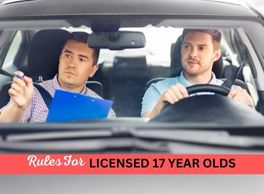
Rules For Driving at 17 YO.
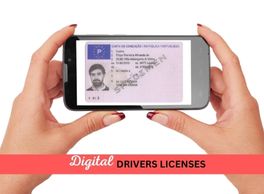
Universal Digital Driver's Licenses
One of the most exciting changes is the introduction of a digital driving license. This innovative idea aims to simplify recognizing driving licenses across different EU countries. The digital license would be a pioneering technology at the world level, allowing drivers to store their license information on their mobile devices and easily share it with authorities and other parties when needed. In addition, this new system would streamline the process of verifying a driver’s license, making it easier for people to drive in different EU countries without going through the cumbersome process of obtaining a new license. Introducing a digital driving license is just one of the many proposed updates the EU hopes will improve road safety and make driving across EU borders more accessible and convenient.
Another change that was proposed is including a more specific assessment of medical fitness that considers the latest medical treatments for conditions like diabetes. In Portugal, getting a medical certificate is already a mandatory requirement for all applicants seeking a driver’s license. How different the medical exam will be, we don’t know, but once I see more info, I’ll update this post.
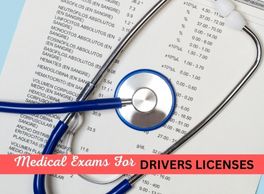
More Intensive Medical Exams
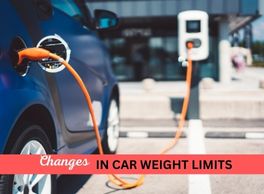
Updated Car Weight Limits
The maximum authorized weight for vehicles in the category B will be adjusted to 4150 kilos, due to electric cars, which are heavier.
The EU is proposing to give authorities access to national driving license records to prevent offenders from avoiding punishment. As part of this update, a new system will be implemented to allow for EU-wide driving inhibition, making it more difficult for offenders to escape accountability.
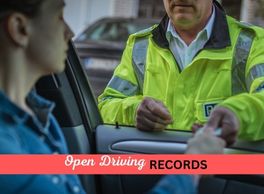
Open Driving Records Throughout EU Member States
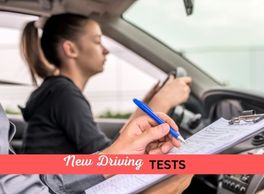
Open Driving Records Throughout EU Member States
In an effort to promote road safety and reduce accidents involving vulnerable road users, the EU is proposing updates to driver training and exams. These updates would include real situations and questions related to the safety of pedestrians, cyclists, and users of scooters and electric bicycles, giving drivers a better understanding of how to safely share the road with these groups.
The EU is proposing updates to driver’s licenses that would allow young people to obtain a heavy duty license at the age of 18, rather than the current age requirement of 21. This change is aimed at promoting workforce development and addressing the shortage of qualified drivers in the heavy duty industry.
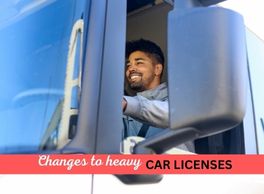
Heavy Car License
Sources
FAQ
How many people died in the EU in motor vehicle related deaths?
In 2022 alone, over 20,000 lives were lost on EU roads, and sadly, most victims were pedestrians, cyclists, and users of scooters and motorcycles.
How are young drivers in the EU?
Young drivers make up only 8% of all car drivers but represent a staggering 16% of all road fatalities.

